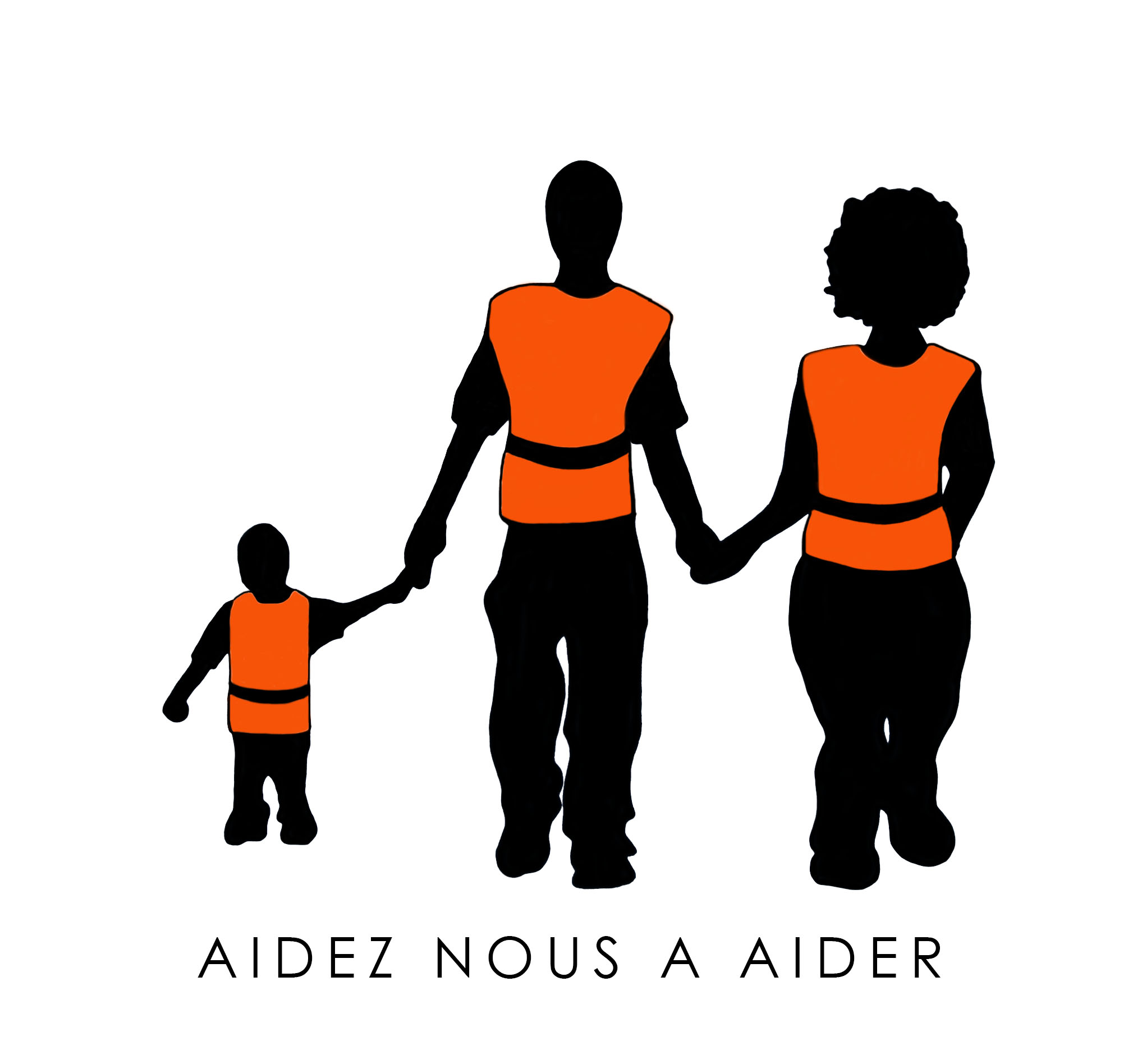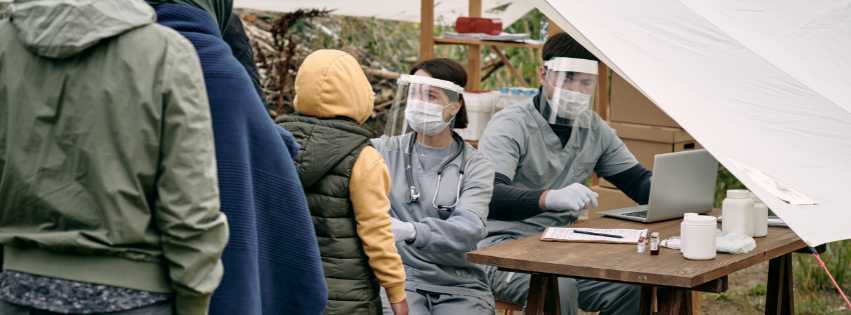In the bustling streets of Morocco, amidst the vibrant culture and picturesque landscapes, lies a hidden reality – the vulnerability of undocumented migrants to significant health risks. While Morocco serves as a gateway between Africa and Europe, offering hope and opportunity to many, for undocumented migrants, it can be a perilous journey fraught with health challenges.
Undocumented migrants in Morocco face a myriad of obstacles that exacerbate their vulnerability to health risks. One of the primary concerns is the lack of access to essential healthcare services. Due to their legal status, undocumented migrants often fear seeking medical attention, fearing arrest or deportation. This fear drives them underground, where they must rely on informal and often inadequate healthcare options, leaving them susceptible to untreated illnesses and exacerbating health conditions.
Moreover, the precarious living conditions endured by undocumented migrants further compound their health risks. Many migrants reside in overcrowded and unsanitary makeshift settlements, lacking access to clean water, proper sanitation, and adequate nutrition. These substandard living conditions create a breeding ground for infectious diseases, including tuberculosis, hepatitis, and respiratory infections, posing a grave threat to the health and well-being of migrants and the broader community.
Additionally, undocumented migrants in Morocco often engage in hazardous work environments, such as construction, agriculture, and domestic work, where they are exposed to occupational hazards without adequate protection or access to healthcare services. This exposes them to workplace injuries, chemical exposures, and other occupational health risks, further compromising their health and safety.
Furthermore, the psychological toll of migration and the constant fear of detection and deportation exacerbate the mental health challenges faced by undocumented migrants. Many grapple with anxiety, depression, and post-traumatic stress disorder (PTSD), stemming from their precarious circumstances, traumatic migration experiences, and the uncertainty of their future.
Addressing the health risks faced by undocumented migrants in Morocco requires a multifaceted approach that prioritizes access to healthcare services, improves living conditions, and promotes social inclusion. Firstly, there is a need for policies that ensure undocumented migrants can access essential healthcare services without fear of legal repercussions. This may involve implementing outreach programs, mobile clinics, and community-based health initiatives tailored to the needs of migrants.
Additionally, efforts to improve living conditions for undocumented migrants are paramount. This includes providing access to safe and dignified housing, clean water, sanitation facilities, and nutritious food. Investing in infrastructure and social services in migrant communities can help mitigate the spread of infectious diseases and improve overall health outcomes.
Furthermore, raising awareness and combating the stigma surrounding migration and undocumented status is crucial for promoting the mental health and well-being of migrants. This involves providing psychosocial support services, counseling, and mental health resources tailored to the unique needs of migrants and addressing the root causes of migration, such as poverty, conflict, and lack of opportunities.
Undocumented migrants in Morocco face significant health risks due to their legal status, precarious living conditions, occupational hazards, and mental health challenges. Addressing these issues requires a comprehensive approach that prioritizes access to healthcare, improves living conditions, and promotes social inclusion. By recognizing and addressing the health needs of undocumented migrants, Morocco can uphold its commitment to human rights and ensure the health and well-being of all its residents, regardless of their legal status.

